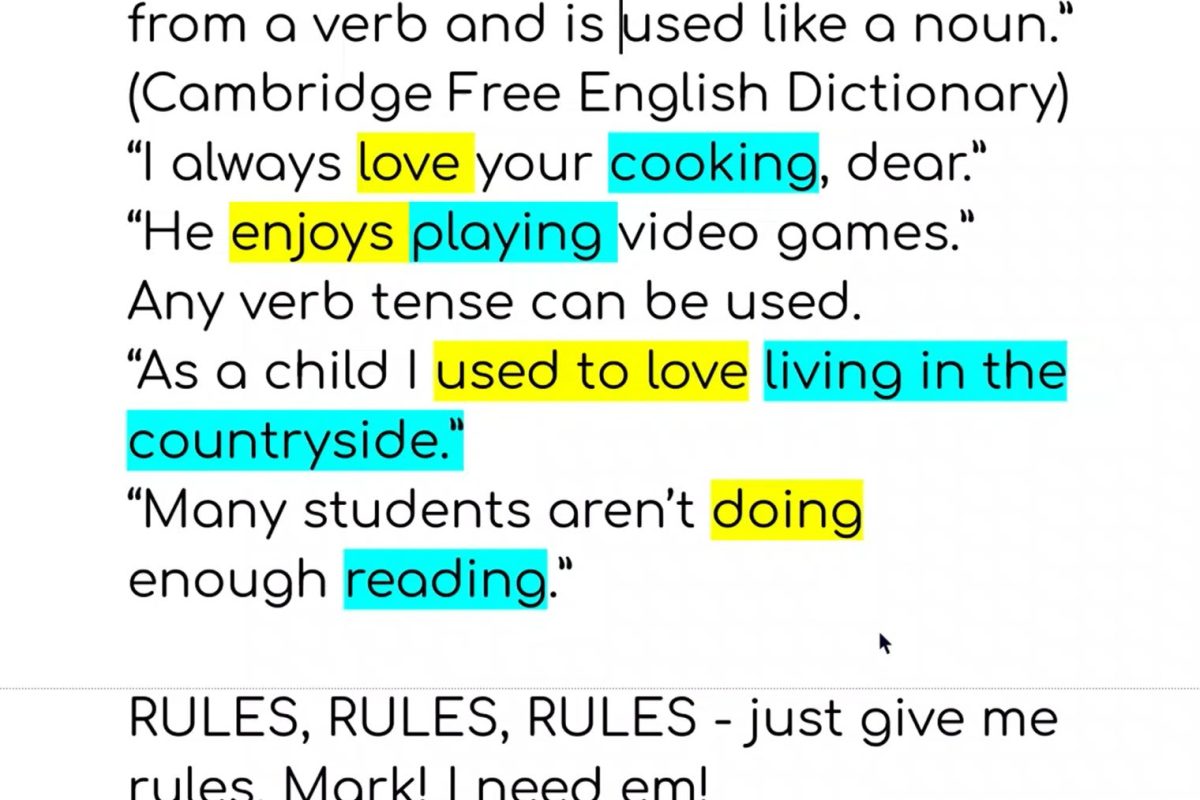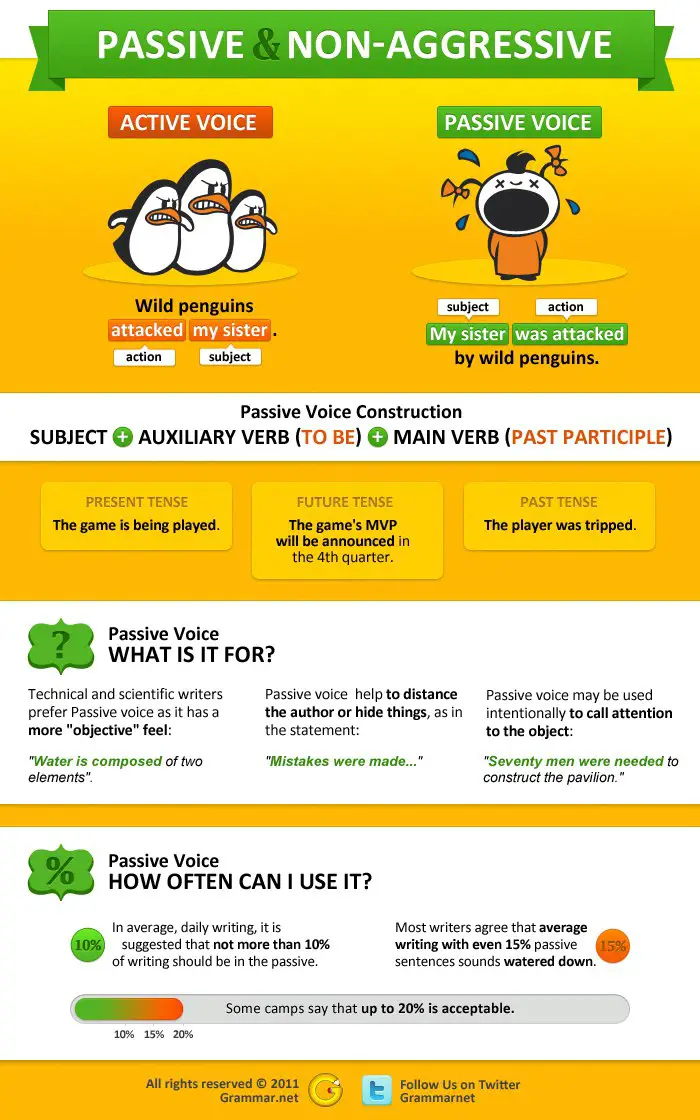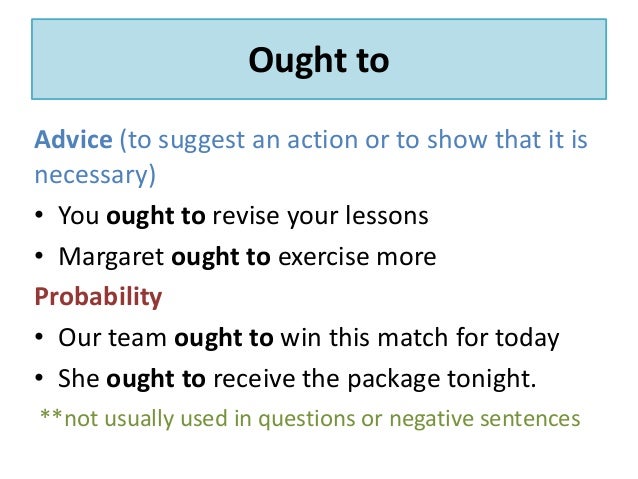Here is another video for your lockdown learning.
Below the exercises is the Google Doc transcript from the 5-minute grammar lesson. Extra teacher talk from the video not included!
Gerunds and Infinitives. What are these? Why do we need to use them? Well, in reality if you have some knowledge of English, you will already be using them. You might get them wrong – but it doesn’t matter. Being brave and using new language is the key to learning.
And yes, I’m well aware that this 5 minute grammar lesson doesn’t cover everything. It’s a 5 minute introduction. In a reading exam you may be asked to identify a gerund or an infinitive, so this video can help there. You will need to do more work to know more about gerunds and infinitives, but hopefully I can help you in my next video on the subject.
Here are your online exercises:
2. https://agendaweb.org/verbs/infinitive_gerund-exercises.html
Today’s video Google Doc transcript
MarkESOL 5 minute grammar lesson.
Using INFINITIVES AND GERUNDS.
Today we’re going to be covering:
- What is an INFINITIVE?
- What on earth is a GERUND????
- Why do I need to know about these INFINITIVES and GERUNDS?
- Oh boy … rules. So many English language rules. Let’s just lie down and cry. It’s too difficult, Mark!!!!
- Sleep. On another day we’ll get into more detail. Maybe. If we can be bothered…
Righto. Let’s be brave and start with the easy stuff.
INFINITIVES or INFINITIVE VERBS
I’ll give you a moment while you tell me … yeah, that’s right. The small basic form of the verb: go, live, have, want, play, sleep. With no ings, no es on the end no past participle nonsense. Simple.
Remember when we’re talking about recipes or mobile phone instructions – instructional texts:
Open the packet.
You Pour in the flour.
Press the red button on the side.
Or orders:
Go now!
Listen!
Sit down!
Teachers love an infinitive verb.
Shut up! (A lovely phrasal verb with up)
Now hold that thought while we jump into the world of …
GERUNDS
“A word ending in “-ing” that is made from a verb and is used like a noun.” (Cambridge Free English Dictionary)
“I always love your cooking, dear.”
“He enjoys playing video games.”
Any verb tense can be used.
“As a child I used to love living in the countryside.”
“Many students aren’t doing enough reading.”
RULES, RULES, RULES – just give me rules, Mark! I need em!
So, when and why do we sometimes use a gerund and other times an infinitive?
Hey, I’ve got 5 minutes here.
Gerunds and infinitives can be the subject or the complement of a sentence.
Gerund subject of a sentence
Eating is fun. (Noun + verb + adjective).
Dancing is healthy.
Smiling is nice.
Smoking is unhealthy.
DON’T CONFUSE GERUNDS WITH THE PRESENT CONTINUOUS = THAT’S A ROOKIE ERROR! Where’s the verb to be for a start?
Infinitive as a subject of a sentence
These sound super intelligent. They look like things that people share on Instagram.
To eat healthily is to live a healthy life.
Learn something new every day.
Sing like no one is listening.
Love like you’ve never been hurt.
Dance like nobody’s watching,
and live like it’s heaven on earth.
To be or not to be? That is the question.
Study like your teacher is watching.
So gerunds sound informal, non-pretentious and friendly. If in doubt – use a gerund. In normal English gerunds are used much more than infinitives.
BIG HOWEVER …
It all depends on the verb in the sentence. Sometimes you have a choice. Sometimes you don’t. Here both forms work:
I love to sing.
I love singing.
NO PROBLEMS. Apart from my singing.
However, if we’re using FINISH – it has to be a gerund after it.
I’ve finished cleaning.
She won’t finish cooking for ages.
We don’t say FINISH + an INFINITIVE
Please finish to write. The exam is over.
You must finish writing now!
Yeah, rules. Rules and rules.
He enjoys relaxing. “Enjoy” needs a gerund.
BUT YOU KNOW THAT, RIGHT?
We came to give you a present.
“Come” wants an infinitive.
EASY
PEASY
LEMON
SQUEEZY
Oh yeah, some rules about nouns and pronouns, you want them too?
Info about gerunds and prepositions? Hmmm…
No time! Another time!?
Verbs that need GERUNDS
| stop | finish | imagine | avoid | stop |
| Give up | keep | visit | her friend | later |
Verbs that need INFINITIVES
| need | prepare | swear | hope | would like |
| offer | afford | promise | decide | refuse |
Bye-bye!
MarkESOL xxx

















 adjective – English is important. Coming to class on time is important.
adjective – English is important. Coming to class on time is important.
